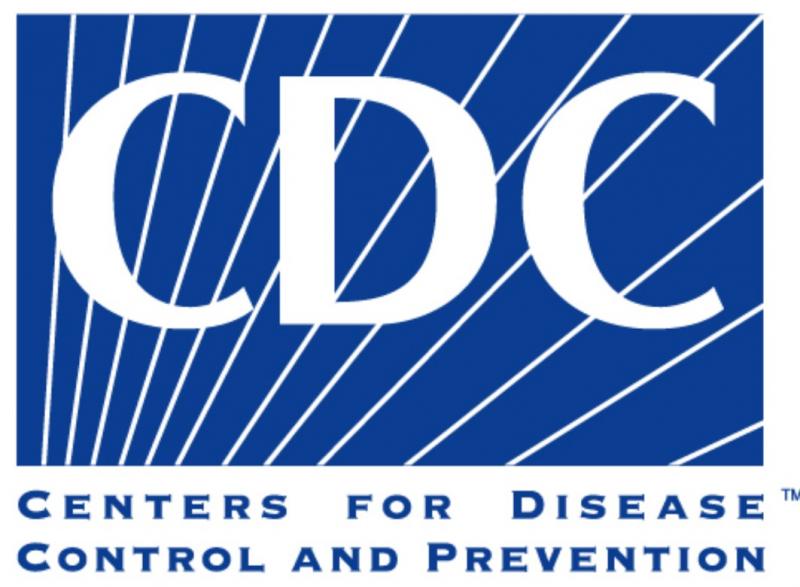You are here
CDC Fighting Ebola at Home and Abroad: Staff Deployed to W Africa, Enhanced Surveillance, Testing, and Guidance in US
Primary tabs
 cdc.gov - August 13, 2014
cdc.gov - August 13, 2014
More than 50 CDC experts battling Ebola in Africa
Hundreds of public health professionals working 24/7 in support
The Centers for Disease Control and Prevention now has more than 50 disease detectives and other highly trained experts battling Ebola on the ground in West Africa – successfully deploying in less than two weeks the surge of help it promised within 30 days.
CDC’s Emergency Operations Center is also at its highest level of alert. This means more than 350 CDC U.S. staff are working on logistics, communications, analytics, management, and other support functions to support the response 24/7.
“We are fulfilling our promise to the people of West Africa, Americans, and the world, that CDC would quickly ramp up its efforts to help bring the worst Ebola outbreak in history under control,” said CDC Director Tom Frieden, M.D., M.P.H. “We know how to stop Ebola. It won’t be easy or fast, but working together with our U.S. and international partners and country leadership, together we are doing it.”
CDC currently has 55 people deployed to West Africa to fight Ebola’s spread: 14 in Guinea, 18 in Liberia, 16 in Sierra Leone, and seven in Nigeria. While the number of CDC experts may change slightly from day to day, given staff rotations, more than 60 CDC personnel are expected to remain in these four countries continuously.
“CDC’s public health experts in West Africa are working closely with our U.S. Government and international partners as part of this worldwide emergency response to the Ebola outbreak,” said Inger Damon, M.D., Ph.D., incident manager for the CDC Ebola response. “Our primary goal is to bring to an end the suffering of so many as well as develop the public health infrastructure there to help prevent future outbreaks.”
The focus of the CDC effort is on stopping the outbreak. This means finding every person who is sick with Ebola and tracing their contacts. This “contact tracing” involves finding everyone who may have been exposed to a person with Ebola and checking for signs of illness every day for 21 days. Ebola virus can remain in the body for weeks before making a person sick. If any of the people who were in contact with a person sick with Ebola develops a fever or other Ebola symptoms, that person is isolated and treated and the cycle starts again -- and all of that person’s contacts must be traced and followed for 21 days.
This response in Africa involves many healthcare personnel and community health workers. While in West Africa, CDC experts train and coordinate these workers, collect the outbreak information they gather, and analyze these data to make the best use of available resources to break the chain of Ebola transmission. CDC laboratory technicians are helping to set up labs and train lab workers to conduct Ebola testing. Other CDC staff work to educate people living in these countries on how to avoid Ebola infection and on the value of seeking help early if they develop symptoms of disease that could be Ebola. Still other CDC public health professionals work with airport and border personnel in the West African countries to keep sick people in Ebola-affected areas from traveling.
CDC’s Ebola efforts include preparing the U.S.
CDC’s Ebola effort is not all overseas. A disease threat anywhere in the world is a threat everywhere in the world, and CDC is preparing for any possibility, including that a traveler might become ill with Ebola while in the United States. Although Ebola poses very little or no risk to the U.S. community at large, CDC and healthcare providers in the United States need to be prepared. Therefore, CDC has been:
- enhancing surveillance and laboratory testing capacity in states to detect cases
- developing guidance and tools for health departments to conduct public health investigations
- providing recommendations for healthcare infection control and other measures to prevent disease spread
- providing guidance for flight crews, emergency medical units at airports, and Customs and Border Patrol officers about reporting ill travelers to CDC
- disseminating up-to-date information to the general public, international travelers, and public health partners
Currently, CDC and the Department of Defense have the only U.S. laboratories capable of conducting diagnostic testing to confirm that a patient has Ebola and not some other illness. That is about to change. Additional labs across the United States – part of the Laboratory Response Network (LRN) established by CDC – will soon have the technology to conduct Ebola diagnostic testing on acute-phase specimens. These labs have received detailed guidance on the inactivation and safe handling of samples potentially carrying Ebola virus. Once they demonstrate that they can accurately detect or rule out Ebola in a sample, these labs will be capable of rapidly providing presumptive diagnosis for ill people suspected of having Ebola. These rapid presumptive results will then be definitively confirmed by laboratories at CDC.
CDC is confident that U.S. hospitals are capable of safely managing a patient with Ebola when carefully following CDC’s infection control recommendations and isolating that patient in his or her own room.
“Our health care professionals can safely manage an Ebola patient,” says CDC infection control expert David Kuhar, M.D. “What we recommend to prevent transmission of Ebola in hospital settings is similar to what we recommend for other infectious diseases spread by direct contact and possibly droplets.”
Click here for photos and b-roll of a CDC expert getting ready to deploy, and other Ebola audiovisual resources.



Recent Comments